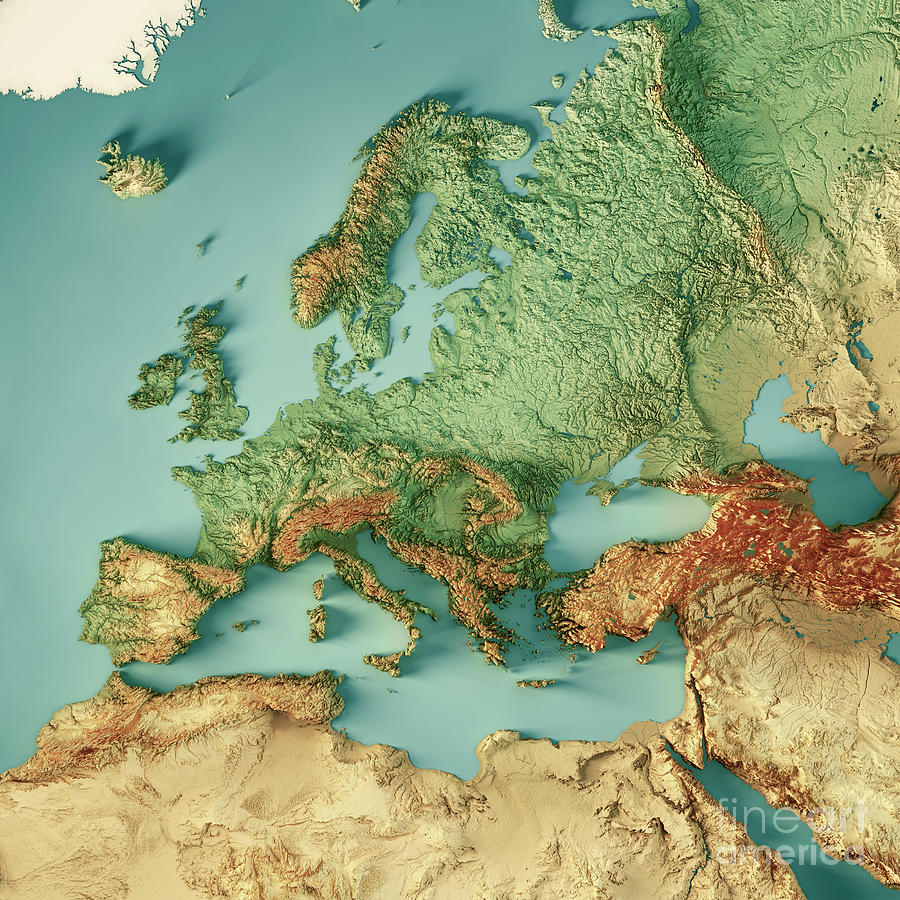This is why I think Turkey’s insistence it be called “Türkiye” in English is dumb. English doesn’t use umlauts, most English speakers can’t even pronounce “ü” properly. English doesn’t use “iye” sounds. They should be happy that the country is more-or-less pronounced the way it sounds in Turkish.
I mean, look at some of Turkey’s neighbours. Georgia, pronounced “sakartvelo” by the locals. Armenia, called “Hayastan” by the people who live there. Greece, called “Elláda” by people who speak Greek (sorry, speak “elliniká”).
People aren’t speaking your language when they’re talking about your country, they’re speaking their own language, and “Turkey” is about as close as English gets to “Türkiye”
Because it’s solely an “issue” that exists to stoke nationalistic thought in the populace. It’s propaganda
For anyone wondering, Deutschland, Duitsland and Tyskland all have the same latin root “theodiscus” that became “deutsch”. “Allemagne” derives from a germanic tribe, the “Alemanni” who lived in modern day Germany and bordered modern day france. Niemcy and Nemetorszag both stem from old slavic “nem” (or something similar) meaning “mute”. They called the Germanic tribes they interacted with mute because they couldn’t understand them. “Saksa” is derived from the German region “Saxony”.
Please correct me in case i got something wrong.
Any idea about how English came to call it Germany?
Latin, Germania
The Latin root theodiscus is actually just the latinised form of the Old High German thiutisk from Indo-European teuta and means “people”. Similarly, Alemanni means “all men”. The Saxons were named after their typical sword or fighting knive, the Seax or Sax. It’s still discussed where the term “German” originates from.
The Saxons were named after their typical sword or fighting knive, the Seax or Sax.
There’s also a possibility the name is related to “settling”, and the knife then probably named after the tribe.
That’s a common misconception, they are actually named after the famous jazz instrument the saxophone.
Wow, language truly is amazing
in austria we call them taitschlond.
Deutschland is a fairly new word. Before that there were a multitude of germanic tribes and those have made their way into the language of our neighbours as the name of the country
Germanen, Allemannen, Sachsen to name a few.
Deutsch, Tysk, Tedesco… come from the Latin “theudo” - “das Volk/the people”
Das heilige römische Reich deutscher Nation has entered the chat.
Gesundheit
Prost!
I personally find it worse, if city names are very different. Like Krung Thep Maha Nakhon (…) as Bangkok. Most Thai people just say Krung Thep, why can’t the rest of the world? I mean, they only changed the name in 1782…
Or Italians call Munich ‘Monaco’ which is really confusing because there is literally a country not that far away.
Or English speakers calling München Munich.
But you must admit, that for English speaker not only the Ü , but also the CH are really big challenges. I feel like they done their best with Munich here.
But anyways, I would be in favor of changing it for the original upper bavarian “MINGA”
The first record mentioning Munic says that it’s called “forum apud Munichen” (1158). So “Munich” is just a case where an old world survived the centuries in exile, while the people living nearby changed it around.
Both have the same ‚distance‘ to Munichen albeit changing differently. The English pronunciation is an abomination though. Moon-Jen would be preferable from my POV.
Japanese:
Germany - ドイツ (doitsu) - or 独逸 or 独乙 if you’re feeling nasty.
Nederlands - オランダ (oranda which comes from the word holland) - 阿蘭陀 and a few other kanji forms exist as well
Saksa be you Germany
‘Tyskland’ in Danish, not ‘Tyksland’.
‘Tyksland’ would mean ‘Thickland’ or ‘Fatland’
Tyksland it is! Thank you, @cholesterol.
Lithuania: Vokietija






